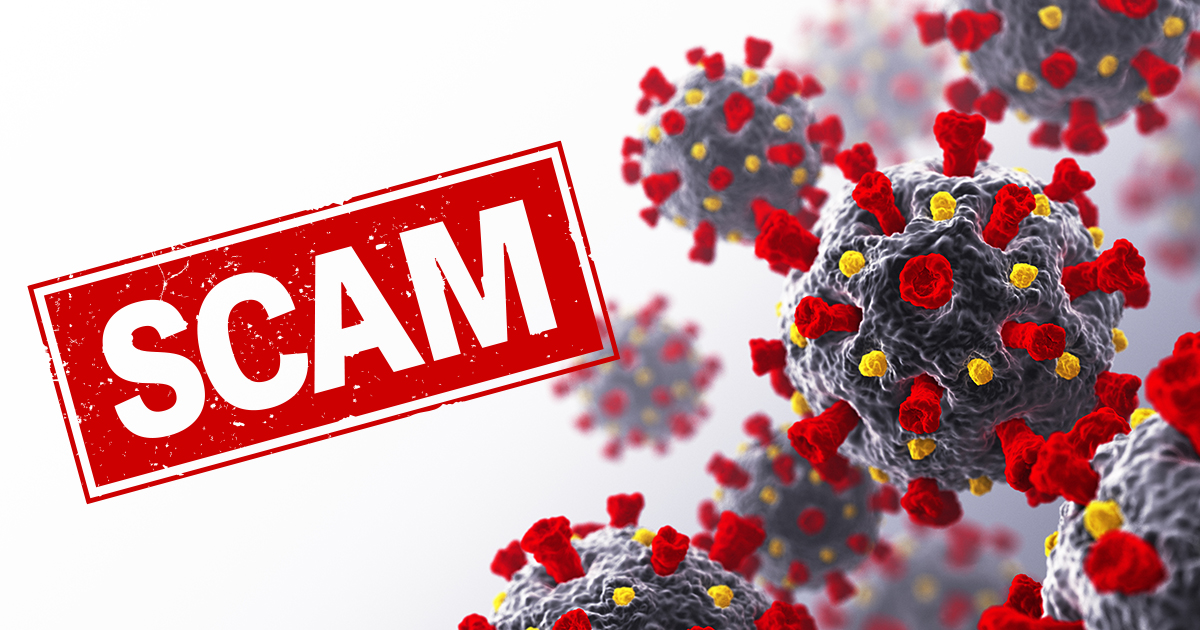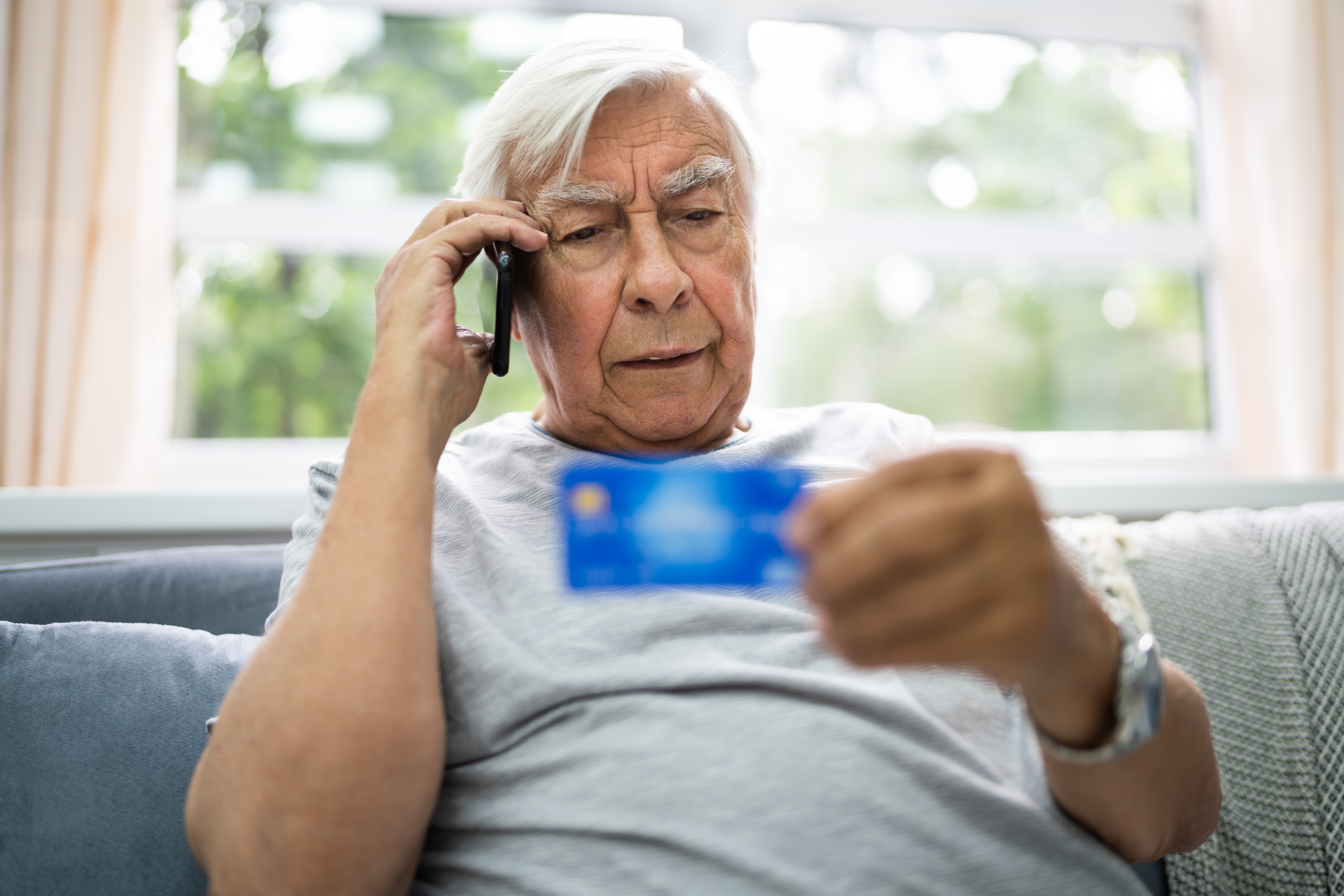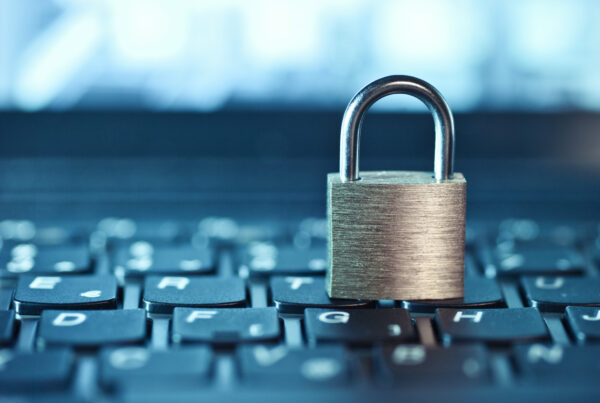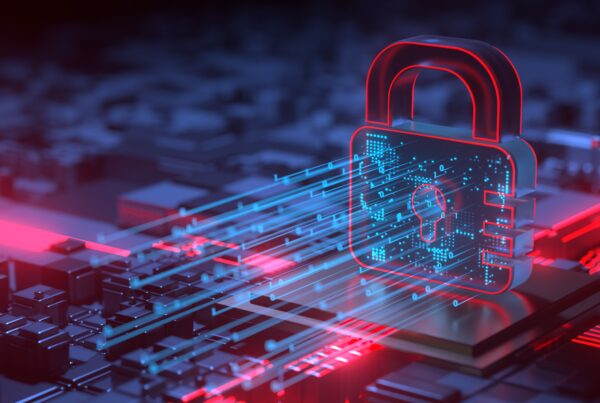In the midst of a global crisis where social media and news stations are packed with information (and misinformation) about ways to stay safe during the COVID-19 outbreak, it can be hard to discern what coronavirus advice is true or false—which can make it easy to fall for a COVID-related scam. Here’s the rundown on the latest COVID-19 scams targeting individuals of all ages during the coronavirus pandemic.
Healthcare COVID-19 scams
- Antibody testing: Antibodies are proteins our bodies produce to fight infections. Antibody tests, especially for COVID-19, can help detect previous infections, as well as be used in developing a vaccine. While there are a handful of FDA-approved COVID-19 antibody tests, there are even more antibody testing scams aiming to collect your date of birth, Social Security number and Medicare or health insurance information. Before signing up for an antibody test, make sure you can verify the testing company exists, check to see if the test they are administering is FDA-approved and avoid any tests that provide incentives, such as gift card payments.
- Mask exemption cards: To help limit the spread of COVID-19, many states, cities and businesses are requiring face masks. With varying beliefs around the effectiveness of masks, some scammers are trying to make a quick buck off of individuals looking for a mask-exemption card. While these cards may look official with the use of varying government seals, there is no government-issued mask exemption card. The Americans with Disabilities Act (ADA) also does not provide a blanket exemption to people with disabilities from complying with legitimate safety requirements necessary for safe operations. The CDC recommends that children under the age of 2, those who cannot take a mask off without assistance and those who have trouble breathing due to medical reasons do not wear a mask.
- COVID-19 treatment: While the medical professionals and scientists across the globe are working to develop an approved treatment for COVID-19 and vaccine to prevent it, neither currently exist. Be on the lookout for scammers who reach out to you claiming to have a treatment for your sick friend or family member, or those demanding payment for COVID-19 care. If you do receive treatment for the coronavirus, be sure to check your medical bills and health insurance explanation of benefits to make sure you aren’t being billed for care you did not receive (and don’t be afraid to call your medical provider for an explanation of the statement).
“Official” government-related COVID-19 scams
- Stimulus check advances, overpayments and unemployment payments: Be on the lookout for anyone who calls or emails you claiming to help you get more coronavirus relief money. The most common scam occurring is an offer to loan money under the program by making a deposit into your bank account and having you return a portion in gift cards, bitcoin or by wiring funds. Regardless of the type of scam, the major red flag is that they request you to send money back. The scammers will request your bank account number or your online banking log-in formation to set up a deposit into your account. Then they will follow up with instructions on how to return a portion of the funds before the scam is discovered. This will result in a loss that you are responsible to repay.
- Emails or phone calls claiming to be the IRS: They’re popular during tax season, but now fraudulent IRS calls and emails are popping up during the coronavirus pandemic, too. The IRS’s first communication to you will be through the mail, not via a phone call or email. Sure signs of a scam include if you receive a phone call from someone claiming to be from the IRS and asking to verify your personal information, claiming to be assisting with your economic stimulus check payment or insisting on payment of taxes due through pre-paid gift cards. Collect as much information (such as the caller’s name, department, etc.) as you can from the scammer and submit a report to the U.S. Treasury Department.
- Requests for your Medicare information: In this scam, fraudsters reach out to Medicare beneficiaries claiming to have free coronavirus supplies—such as masks and COVID-19 tests—in exchange for your Medicare details. These tests are not legitimate, and in most cases, no supplies are ever sent.
Work-from-home COVID-19 scams
- Cyrptocurrency: In this scam, fake employers deposit an advance payment or donation into your account and ask you to deposit that payment into a crypto kiosk (an ATM-like unit made for bitcoin). The money is likely stolen from others, and your acceptance and transfer of the stolen money is considered illegal. Check out a few tips on how to make sure a work-from-home job is the real deal.
COVID-19 charity scams
- Fake charities: There’s no question that the coronavirus pandemic has brought with it many financial challenges. Unfortunately, scammers are taking advantage of kind hearts and posing as charitable organizations collecting supplies or funds to help support individuals impacted by COVID-19. Take some time to research the charity or cause and don’t be afraid to ask them for their name, address, mission and how the donation will be used (all things a legitimate charity can easily provide).
How Verve can help
If you think your Verve account is at risk because of COVID-19 fraud or any other type of scam, call Verve at 800.448.9228. One of our team members can review your account activity, as well as guide you on how to safeguard your account against fraud.
It’s Verve’s goal—in line with our guiding seven Cooperative Principles—to provide education, training and information to help our members stay financially fit. Verve is committed to keeping our members educated when it comes to their finances by providing details on financial risks and ways to stay safe. Help your friends and family identify and avoid COVID-19 scams by sharing this blog post.






 Federally Insured by NCUA |
Federally Insured by NCUA |  Equal Housing Opportunity |
Equal Housing Opportunity |